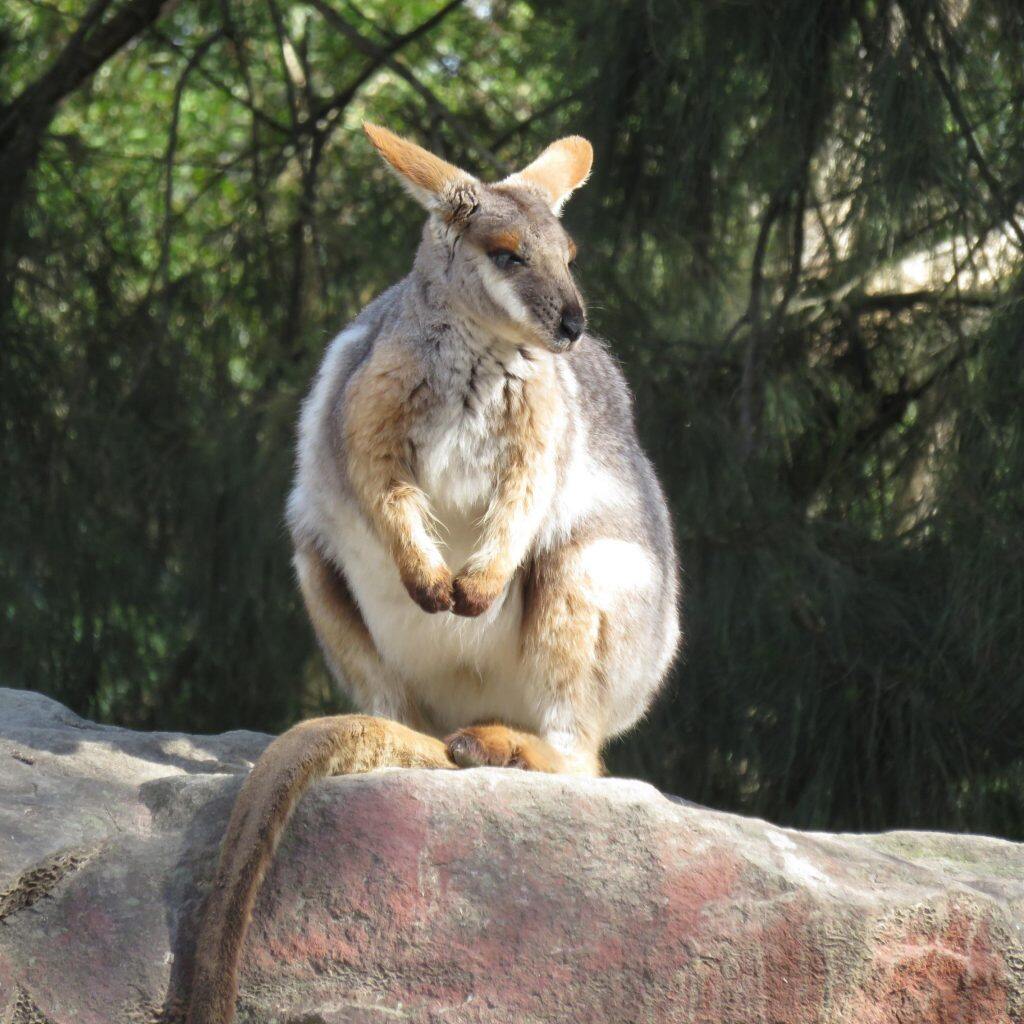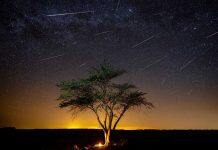Scientists at the University of Adelaide have challenged the common assumption that genetic diversity of a species is a key indicator of extinction risk.


Published in the journal PNAS , the scientists demonstrate that there is no simple relationship between genetic diversity and species survival. But, Dr João Teixeira and Dr Christian Huber from the University of Adelaide’s School of Biological Sciences conclude, the focus shouldn’t be on genetic diversity anyway, it should be on habitat protection.
“Nature is being destroyed by humans at a rate never seen before,” says computational biologist Dr Huber. “We burn forests, over-fish our seas and destroy wild areas and it’s estimated that about one million species are threatened with extinction, some within decades.
“Although researchers agree that this rapid decline of species numbers has to be stopped, how that’s best tackled is still open to debate.
“Conservation geneticists consider genetic diversity as an important way to assess if a species is threatened by extinction. The view is that as long as individuals are genetically different from each other (having high genetic diversity), there will always be individuals with the right genetic makeup to survive under adverse conditions. On the other hand, if a species shows little genetic diversity, it’s believed that the species is fragile and likely to become extinct.”
Dr Teixeira and Dr Huber have compiled a wide range of evidence from laboratory experiments, field studies, and evolutionary theory which suggests a need for re-evaluation on the measurement and interpretation of genetic diversity for conservation.
“In this paper, we’ve shown that this simple relationship between genetic diversity and survival is often wrong,” says population geneticist Dr Teixeira. “Most of the genetic diversity within a genome is ‘neutral’, meaning that it neither improves nor diminishes an individual’s ability to survive or produce offspring. On the other hand, the genetic diversity that does affect survival is found in very specific regions of the genome and is not at all correlated with genome-wide genetic diversity.
“Researchers need to investigate for each species individually which genetic mutations allow the species to thrive and which mutations lead to diseases that can threaten the species. There is certainly no simple ‘one-size-fits-all’ measure of extinction risk.”
-Population geneticist Dr João Teixeira
The authors finally warn that, although genetics can play an important role in certain cases, fixating on genetic diversity shifts much-needed focus away from the much bigger problem: habitat destruction.
“Since the year 2000, wildlife habitat about eight times the area of the UK has been lost,” says Dr Huber. “Without habitat, there is no wildlife. And without wildlife and the ecosystem services that humans rely on, we are ultimately risking our own security and survival here on Earth.”








































